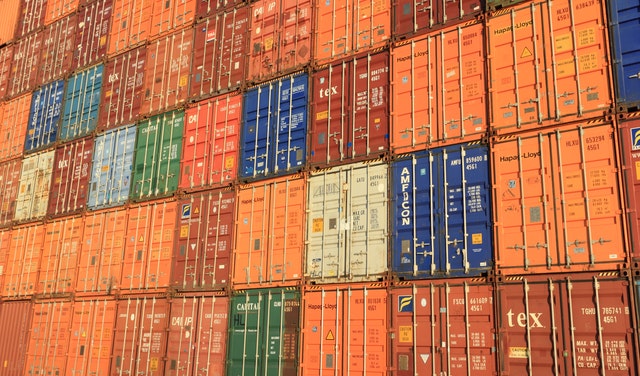COVID-19 isn’t the only major disruptor in recent years — climate change has become a crucial factor in delays (and profits). Increasingly, it seems that the time has come for companies to address global climate crises in their policies and supply chain procedures. So, what is the importance of sustainability in supply chain management? In this post, we address the answer to this critical question.
What is the Importance of Sustainability in Supply Chain Management?
When suppliers discuss sustainability, they’re not simply addressing the use of renewable energy in warehouse or factory operations. Solar and renewable energy initiatives are important, but sustainable supply chain management encompasses a number of elements such as factory power sources and transportation of goods.
One example of a sustainable practice is to ensure that you are shipping products to the closest locations possible (instead of across the country).
Climate change is becoming an important issue — not just for environmental reasons, but for supply chain management as well. The issue directly contributes to profit loss and supply chain delays worldwide.
While COVID-19 played a huge role in global disruptions, so did climate-related natural disasters. Per the National Oceanic and Atmospheric Administration, the U.S. alone suffered from $22 billion dollar weather disasters that led to supply chain problems.
To keep up with the changing global atmosphere and maintain profitable business performance, sustainability is essential for businesses to have on their radar. In fact, companies with strong environmental, social, and governance (ESG) policies far outperform those who do not. This is in part because consumers are placing an increasing importance on climate change, human rights, and best environmental practices.
Another reason for this performance shift is the greater efficiency that sustainable practices bring. Sustainability makes the best use of all of your resources, human and otherwise, to reduce waste and increase productivity.
One example is Nike. According to Nike’s 2016 post on sustainability, they cut their energy use by 50% by incorporating sustainable practices into their production.
How to Incorporate Sustainability into Your Supply Chain
Step 1: Determine your sustainability goals
What social, economic, and environmental impact do you want your company to have? For example, you might want to switch to renewable energy in a certain amount of time. Be sure to include your supply chain in these goals.
Step 2: Create your sustainability policy and plan
Based on the goals you choose to set, create a policy that includes waste, energy, transportation, and other elements. Go on to construct a practical plan to implement your policy.
Step 3: Reflect on your suppliers
It is just as important for your suppliers to maintain sustainable practices. Evaluate whether your partners are implementing best ESG principles into their businesses, and make a decision about whether or not it makes sense to continue working with them.
How Teknik Can Help
Per Teknik Trading’s Green Statement, our supply chain management company strives to maintain an eco-conscious presence and comply with all efforts to keep our planet as clean as possible. Our goal is to maintain the greatest efficiency possible with minimal waste to emphasize the importance of sustainability in the supply chain.
For timely and cost-effective supply chain management services, reach our office at 305-592-1512.

